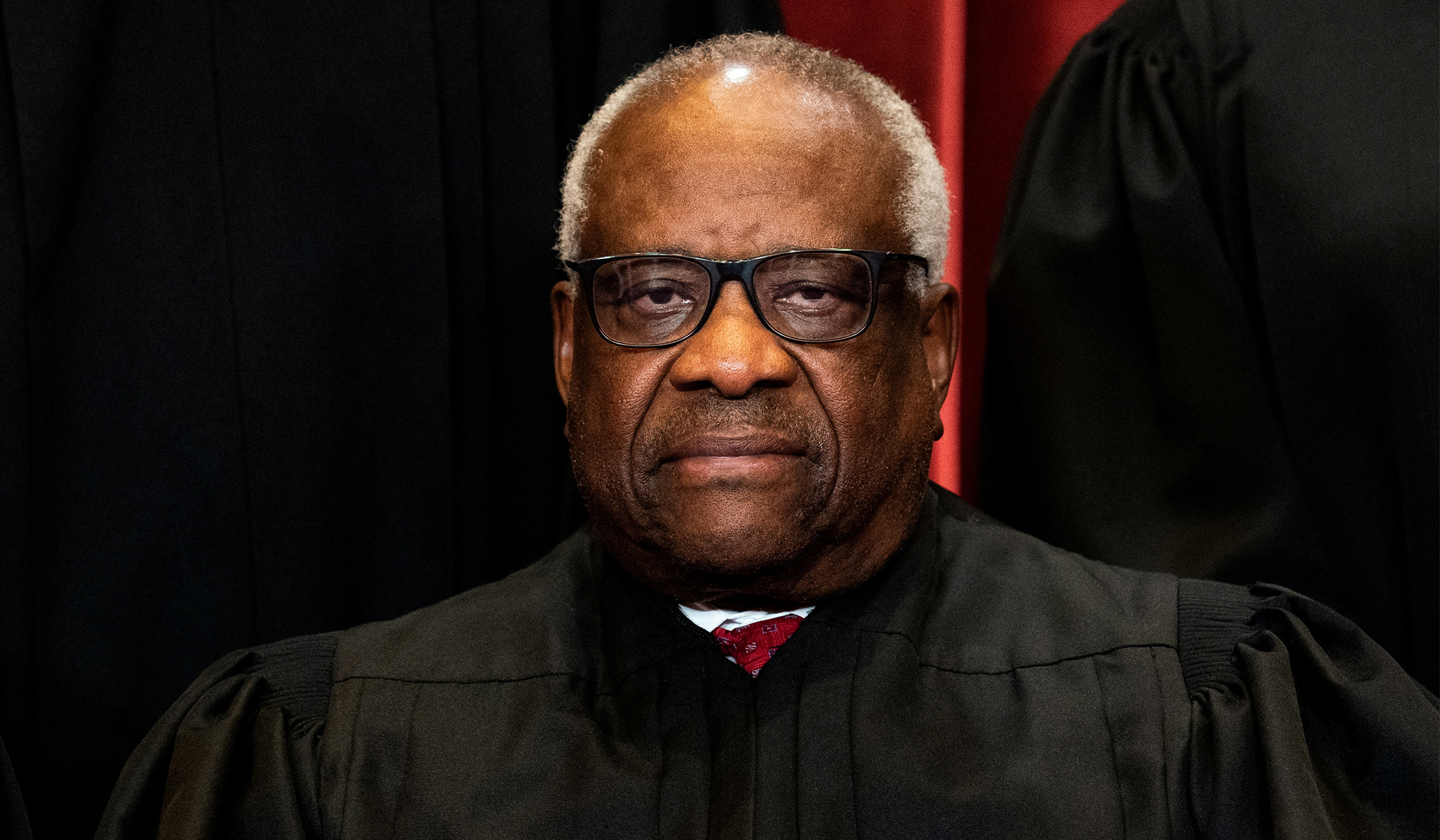


Stephanie Kirchgaessner of the Guardian wants her readers to think she has unearthed a real scandal:
Several lawyers who have had business before the supreme court . . . paid money to a top aide to Justice Clarence Thomas, according to the aide’s Venmo transactions. The payments appear to have been made in connection to Thomas’s 2019 Christmas party. The payments to Rajan Vasisht, who served as Thomas’s aide from July 2019 to July 2021, seem to underscore the close ties between Thomas . . . and certain senior Washington lawyers who argue cases and have other business in front of the justice.
Vasisht’s Venmo account – which was public prior to requesting comment for this article and is no longer – show that he received seven payments in November and December 2019 from lawyers who previously served as Thomas legal clerks. The amount of the payments is not disclosed, but the purpose of each payment is listed as either “Christmas party”, “Thomas Christmas Party”, “CT Christmas Party” or “CT Xmas party”, in an apparent reference to the justice’s initials. [Emphasis added.]
However, it remains unclear what the funds were for.
A real Sherlock Holmes case, this one. Maybe they were for a Christmas party? Who were these lawyers? Let’s look at the list of attendees:
The lawyers who made the Venmo transactions were: Patrick Strawbridge, a partner at Consovoy McCarthy who recently successfully argued that affirmative action violated the US constitution; Kate Todd, who served as White House deputy counsel under Donald Trump at the time of the payment and is now a managing party of Ellis George Cipollone’s law office; Elbert Lin, the former solicitor general of West Virginia who played a key role in a supreme court case that limited the Environmental Protection Agency’s ability to regulate greenhouse gas emissions; and Brian Schmalzbach, a partner at McGuire Woods who has argued multiple cases before the supreme court. Other lawyers who made payments include Manuel Valle, a graduate of Hillsdale College and the University of Chicago Law School who clerked for Thomas last year and is currently working as a managing associate at Sidley, and Liam Hardy, who was working at the Department of Justice’s office of legal counsel at the time the payment was made and now serves as an appeals court judge for the armed forces. Will Consovoy, who died earlier this year, also made a payment. [Emphasis added.]
A simple Google search of the bios of the named lawyers would confirm that all of them clerked for Thomas — a fact that ought to be front and center in any honest effort to tell this story, yet they’re headlined as “Lawyers with supreme court business,” and a casual reader scanning it might not immediately pick up that this is simply a list of his former clerks. An email promoting the story headlined it with “Guardian Exclusive: Clarence Thomas Ethics Investigation Finds Suspect Payments.” The notion that it’s improper for a Supreme Court justice to socialize with his former clerks is preposterous, notwithstanding the fact that most Supreme Court arguments in today’s world are made by attorneys who previously clerked for the Court — often for the currently sitting justices. Lawyers typically treat the judges they clerked for as mentors, with many remaining in close contact for years. Judges at any level rarely recuse themselves simply because the lawyers in a case are their former clerks.
If you read further down in the article, the quoted “ethics experts” at least seem to grasp that this is a story about a party with Thomas’s former clerks. However, one of them tries to invent a distinction in which it’s appropriate to charge lawyers to pay for the cost of their own attendance at a party only if they are junior lawyers not making the big money yet, which is a weird idea with no basis in any ethics rules:
Richard Painter…said it was “not appropriate” for former Thomas law clerks who were established in private practice to – in effect – send money to the supreme court via Venmo. “There is no excuse for it. Thomas could invite them to his Christmas party and he could attend Christmas parties, as long as they are not discussing any cases. His Christmas party should not be paid for by lawyers,” Painter said. “A federal government employee collecting money from lawyers for any reason … I don’t see how that works.” Painter said he would possibly make an exception if recent law clerks were paying their own way for a party. But almost all of the lawyers who made the payments are senior litigators at big law firms.
Kedric Payne…said that – based on available information – it was possible that the former clerks were paying their own party expenses, and not expenses for Thomas, which he believed was different than random lawyers in effect paying admission to an exclusive event to influence the judge. [Emphasis added.]
Notably, Kirchgaessner makes no effort to claim that anybody paid anything more than the cost of attending a party.
